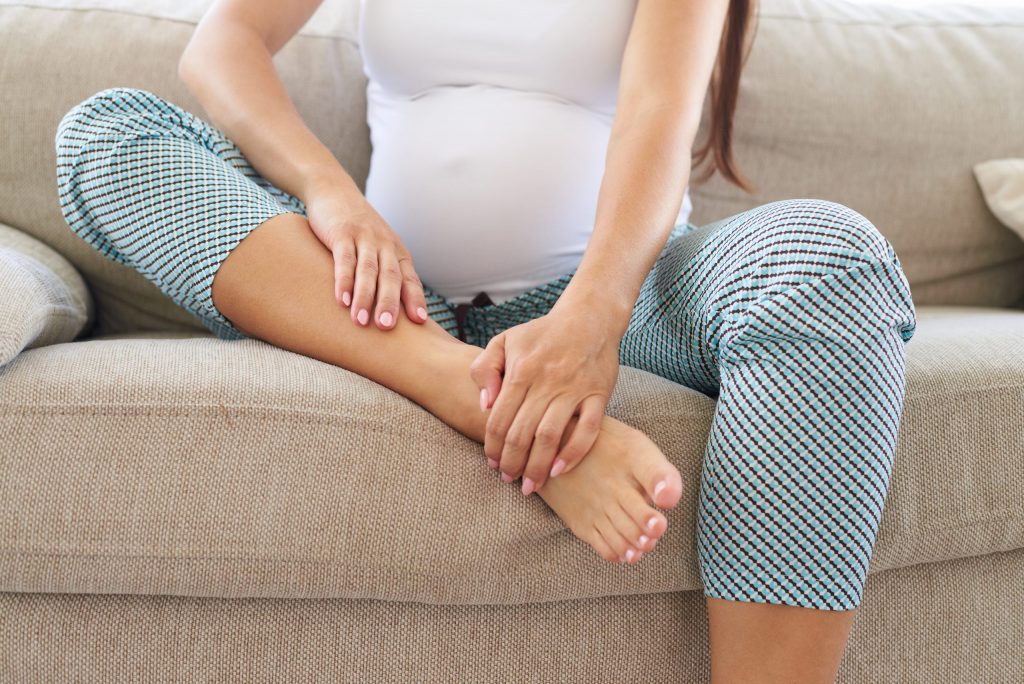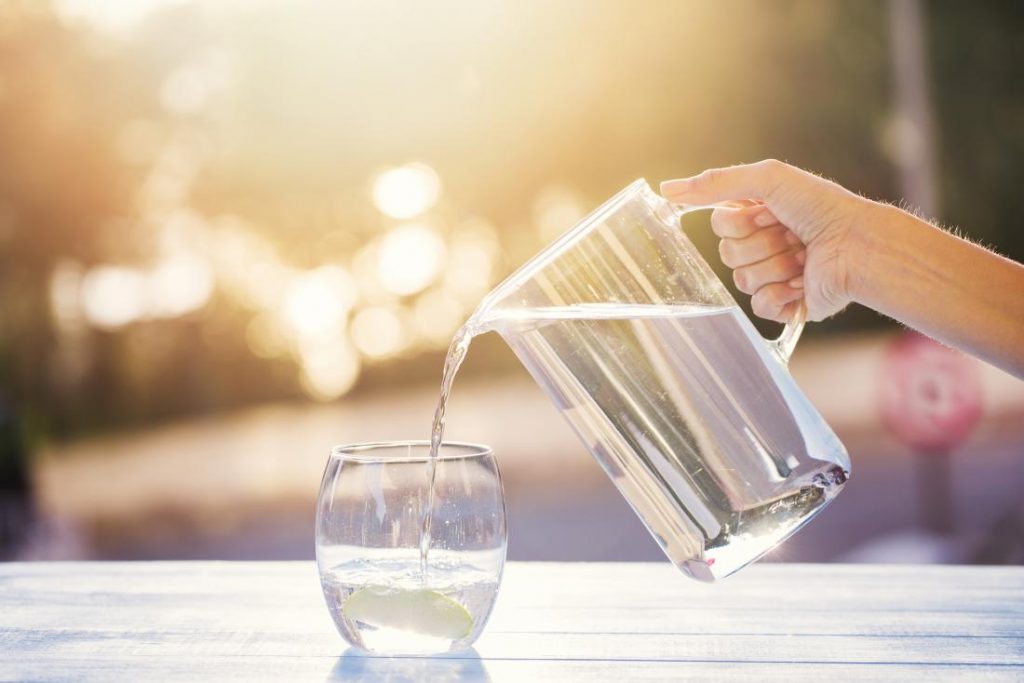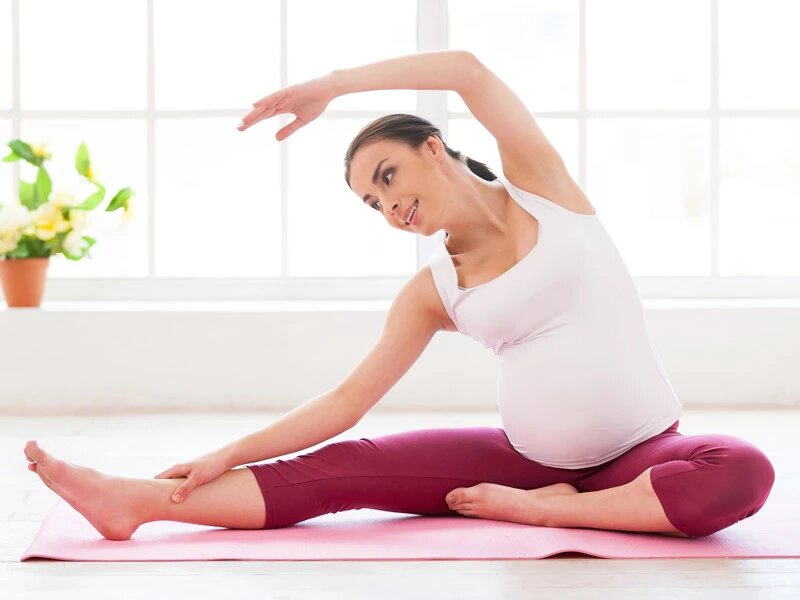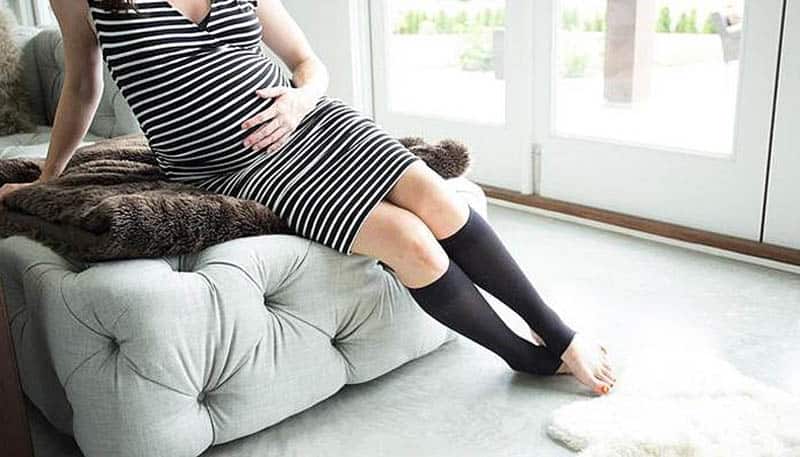
How To Reduce Swelling During Pregnancy | 10 Tips.
As your body changes shape to accommodate a baby, you may experience swelling in your feet, ankles and hands. Swelling is a common problem during pregnancy, and it can be quite uncomfortable.
The Causes Of Swelling During Pregnancy
The main cause of swelling during pregnancy is the increase in the levels of progesterone and estrogen hormones. These hormones cause the blood vessels to relax and allow more fluid to be retained in the body.
The extra fluid retention leads to swelling in the hands, feet, ankles, and face.
Progesterone is also responsible for slowing down the body’s metabolism, which can lead to constipation and bloating. This can further contribute to swelling.
While there is not much that can be done to prevent swelling altogether, there are some measures you can take to reduce it.
Ten Tips For Reducing Swelling During Pregnancy
1- Drink plenty of fluids: Drinking plenty of fluids helps to keep the body hydrated and can reduce swelling. Try to drink at least eight glasses of water per day. Fruits and vegetables with a high water content, such as cucumbers and watermelons, can also help you stay hydrated. Avoid sugary drinks like soda as they can cause dehydration.

Try to drink at least eight glasses of water per day during pregnancy.
2- Avoid standing or sitting for long periods of time: If you must stand, try to move around frequently and keep your feet elevated when possible.
3- Exercise regularly: Exercising regularly can help to reduce swelling by improving circulation. Start by doing some simple exercises like walking or swimming. If you are already active, you can continue with your normal routine but make sure not to overdo it.

There are many prenatal exercises that can prevent and relieve swelling.
4- Wear loose, comfortable clothing: Wearing tight clothing can constrict blood vessels and worsen swelling. Choose loose-fitting clothes made from natural fabrics such as cotton to keep you cool and comfortable.
5- Elevate your legs whenever possible: Whenever you are sitting or lying down, elevate your legs above the level of your heart. This will help to reduce swelling by improving circulation. You can prop your legs up on a pillow or use a footrest if necessary.
6- Avoid salt: Too much salt can cause the body to retain water and lead to swelling. Limit your intake of salty foods and be sure to read labels carefully. Avoid processed foods as they are often high in salt.
7- Drink herbal teas such as chamomile or ginger tea: These teas can help to reduce swelling and inflammation. They also have other benefits like helping with nausea and promoting relaxation.
Drink two or three cups of herbal tea per day. You can find chamomile and ginger tea bags at most grocery stores.

Ginger has been shown to boost the immune system and combat inflammation.
8- Try a cold compress: Applying a cold compress to the affected area can help to reduce swelling.
9- Avoid caffeine, and alcohol: Caffeine and alcohol can cause dehydration, which can lead to swelling. So, it is best to avoid them or at least limit your intake.
10- Wear supportive hose or socks: If you are swelling in your feet and ankles, try wearing supportive hose or socks. This will help to reduce the swelling by improving circulation. You can find these at most pharmacies or online.
Make sure to get the right size so they are not too tight. Wearing them during the day can also help you to sleep better at night.

Compression socks or stockings can help reduce swelling in the legs due to gentle squeezing.
Conclusion
If you are experiencing severe swelling, contact your healthcare provider. While swelling is usually not harmful, it can be a sign of preeclampsia, which is a serious condition that requires medical attention.
Swelling during pregnancy is common, but it doesn’t have to be debilitating. By following these tips, you can help to reduce swelling and feel more comfortable.
Dr James S Pendergraft | Orlando Women’s Center | Abortion Pill Clinic | Articles On Abortion


Leave a Reply